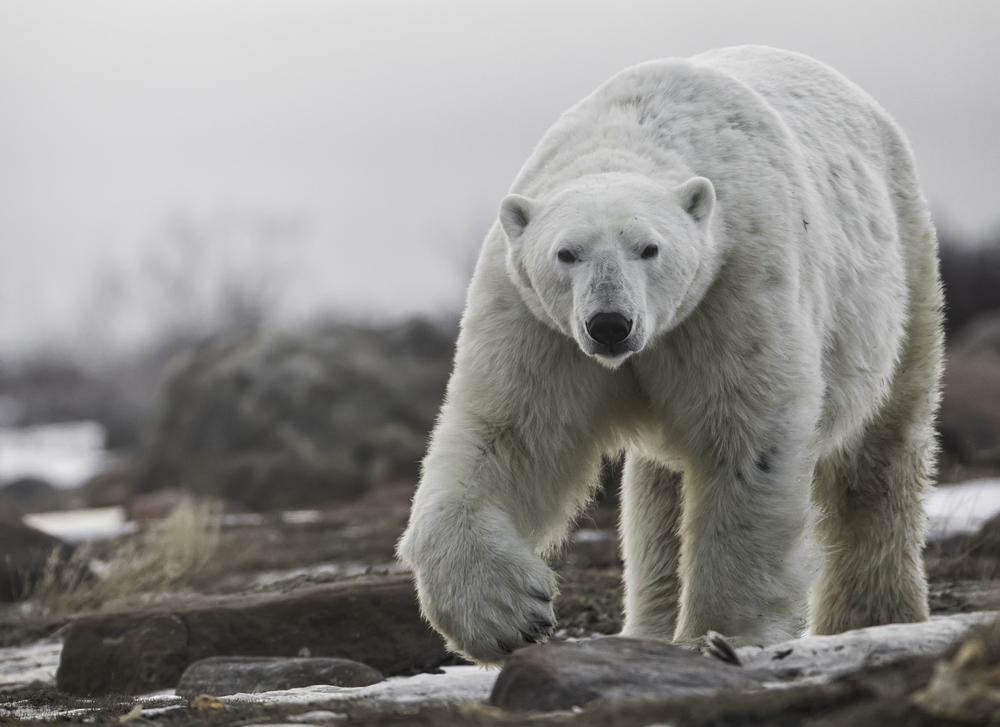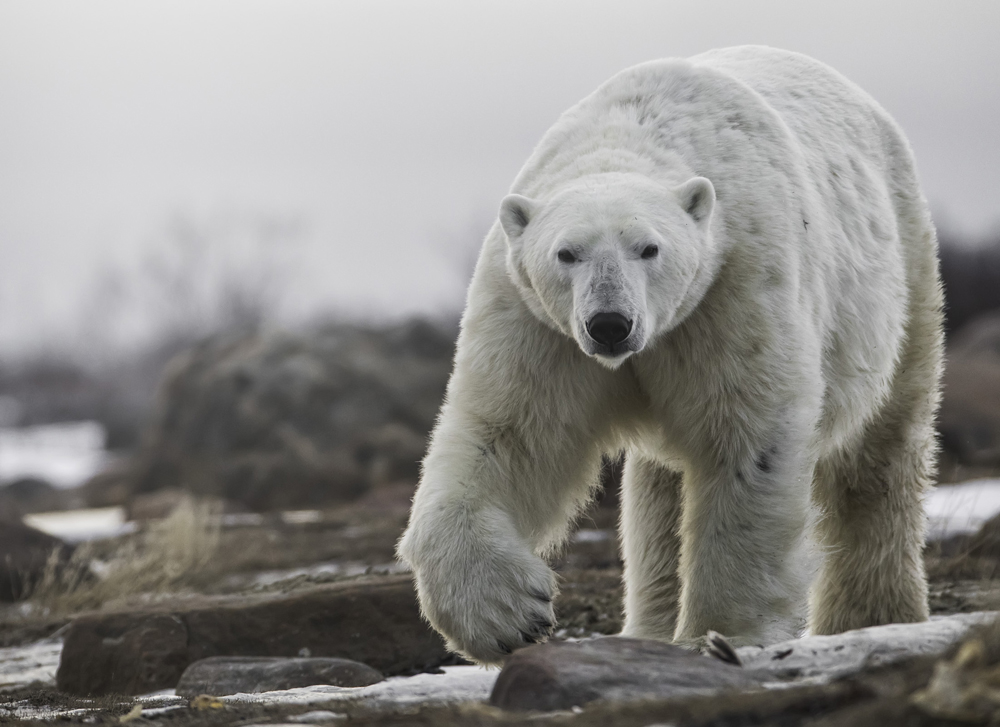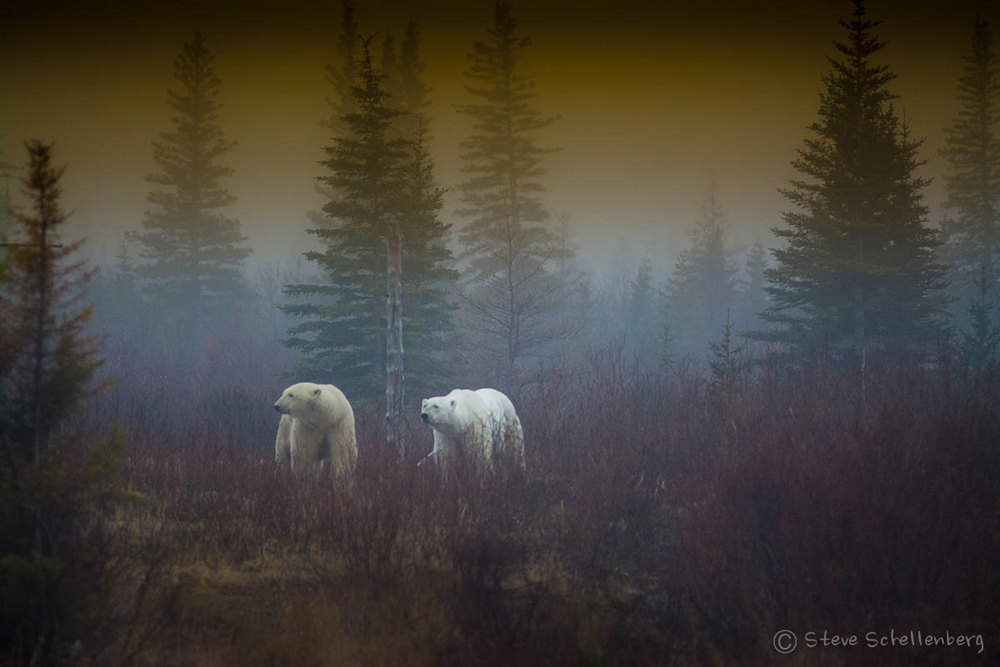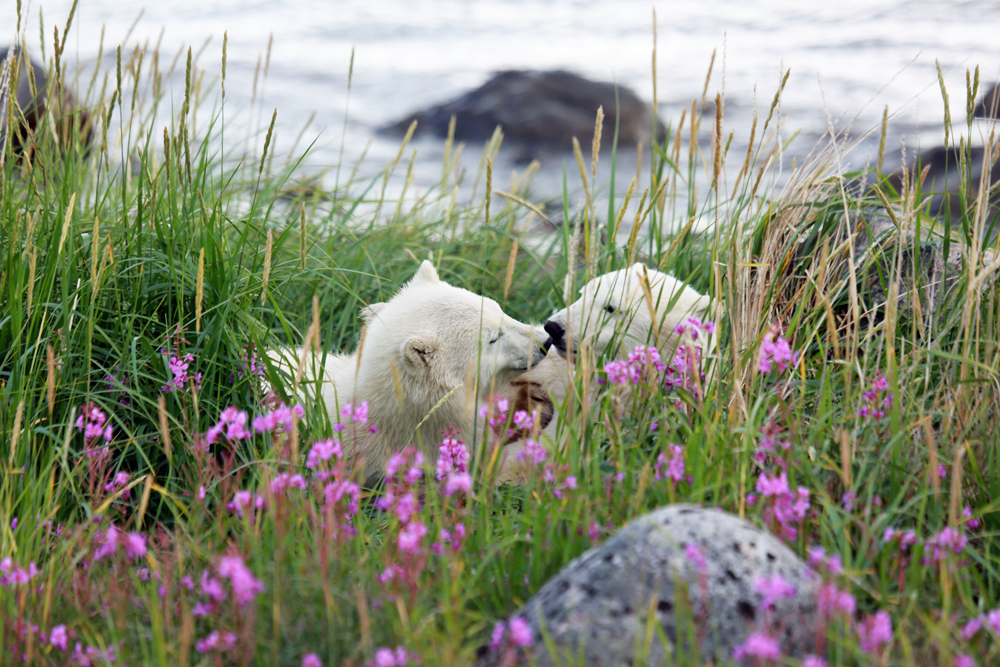It’s Polar Bear Week!
From Nov. 5-11, 2017, while the polar bears are gathering on the shores of Hudson Bay waiting for the ice to form their winter hunting grounds, people all over the world will be making an extra effort to reduce their impact on the environment. They will also be creating awareness about the impact of global warming, especially with regards to polar bears and the reduction in Arctic sea ice.
At the same time, the COP23 Convention on Climate Change takes place from Nov. 6-23 in Bonn Germany, with its goal being to “prevent dangerous anthropogenic interference with the climate system” or in simpler terms, to halt global warning, which many believe is also the cause of the increase in extreme weather events over the past two decades.
Many will celebrate Polar Bear Week by reducing energy consumption in their homes, schools and workplaces, turning thermostats down, driving less, using more energy-efficient devices, and simply being kinder to the environment through reducing, reusing and recycling, which is something we’ve been practicing at our Arctic ecolodges for over 30 years.
According to scientists, using less energy produced by fossil fuels could slow and even stop global warming by reducing carbon emissions, helping to save the sea ice that polar bears need for efficient hunting. Without sea ice, polar bears will decline in range and numbers, making them vulnerable to extinction in the future.
Global warming has had a dramatic influence on the reduction of the Arctic sea ice. A YouTube search for “Arctic ice melting” provides numerous satellite images taken over a period of years that clearly show there is substantially less ice in the Arctic now than there was 30 years ago, and that the ice is also forming later and breaking up earlier in the spring than it did in the past.
This means more open water for steadily longer periods and less time on the ice for the polar bears that depend on the ice to hunt seals, the main component of their diet. Polar bears come ashore when the ice melts, and they do not eat a lot during their time on land. If they happen to come across a beluga whale or caribou carcass, they will indulge themselves, but they typically do not expend much energy pursuing live prey during the summer.
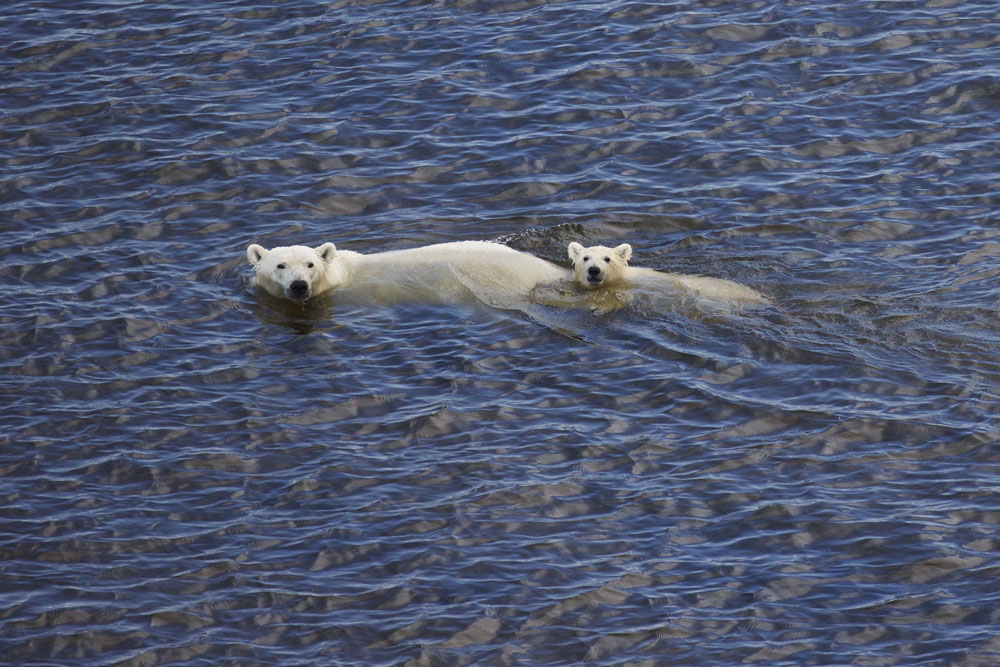
The sea ice is forming later and breaking up earlier than it did in the past, and there is less of it.
Polar bears not only need the sea ice to maintain their high dietary requirements, they also use it for traveling, socializing and finding mates. Some studies indicate that less time on the ice leads to weight loss and physical deterioration in polar bears.
Theories that correlate declining polar bear populations with a reduction in Arctic sea ice make sense, as do those stating that limiting the use of carbon-based fuels can slow global warming, and we do everything we can at our polar bear lodges to minimize our footprint on the environment including:
- efficient use of solar power
- strict recycling and composting policies
- biodegradable cleaning products and in-room toiletries
- minimum use of motorized vehicles (hence our walking with polar bears adventures!)
- energy efficient appliances and lights
- locally foraged and harvested food whenever possible
- educating and informing guests about polar bears and their environment
Will our efforts make a difference? We think they will, which is why we’ve been practicing the above ever since we began hosting guests in the Arctic. It’s part of our lifestyle and our guests also appreciate our efforts.
Polar bears are magnificent animals. They have helped us for most of our working lives, in one of the most pristine and untouched places on the planet. The very least we can do is be kind to the earth by minimizing our impact on the environment. That’s not only good for the polar bears, it’s good for all of us.
Will polar bears become extinct if the sea ice melts completely, or will they adapt and evolve, learning how to hunt efficiently and socialize on land?
That’s a decision nature will have to make.

